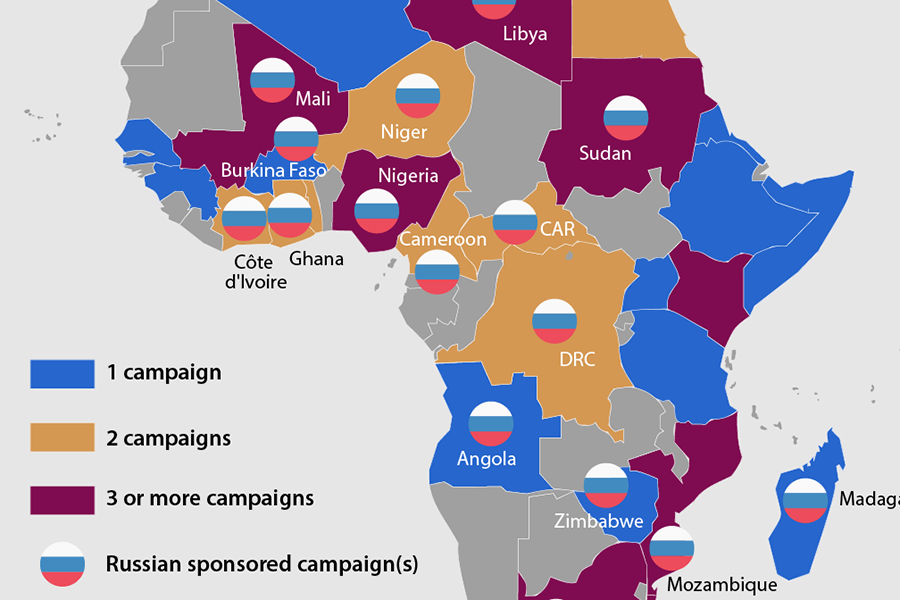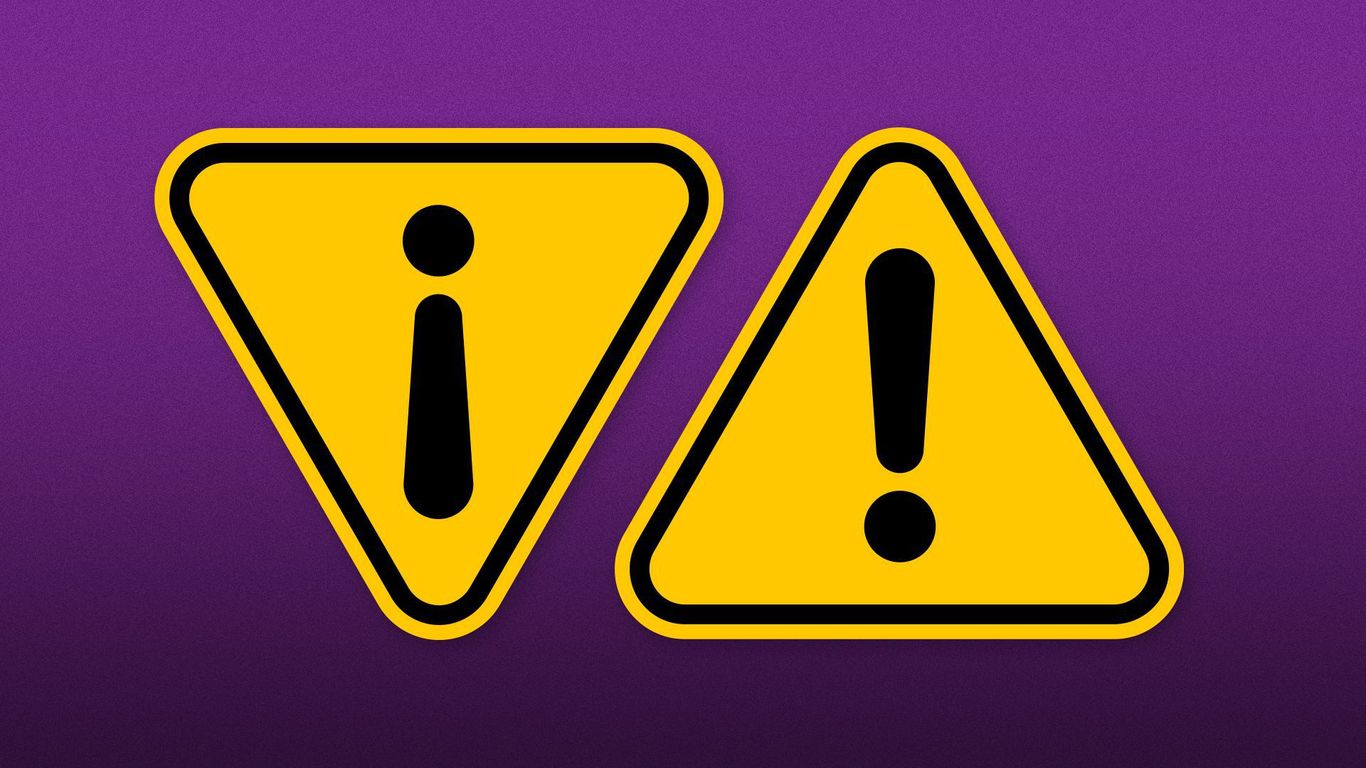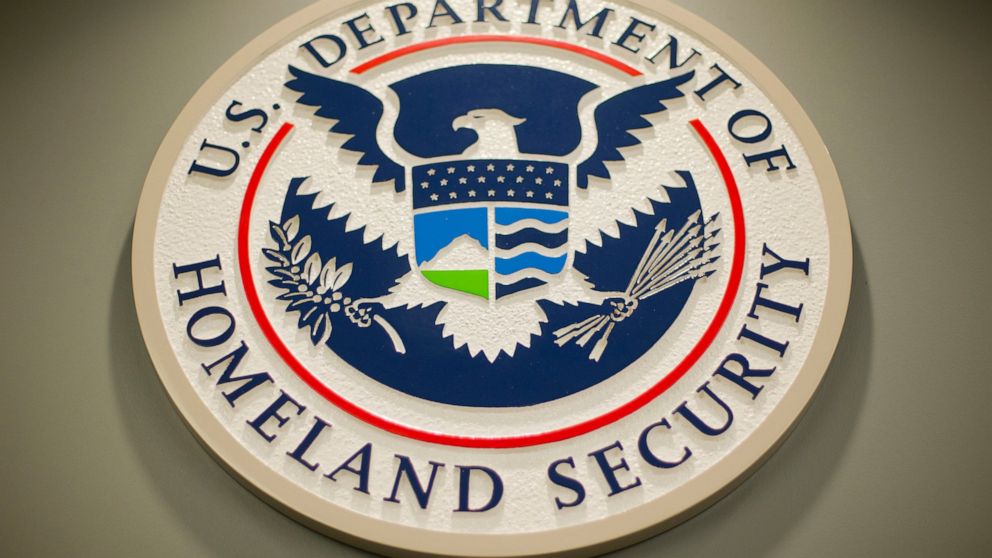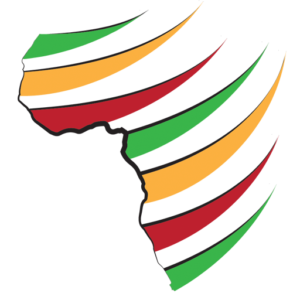Spotting and Combating Russian Disinformation
Russia's military may be floundering, along with their overt messaging on the war, but their disinformation machine continues to pose a threat in many ways and in many places that receive far too little attention.

The Africa Center calls attention to a region and threat that needs more regcognition. Unfortunately, it may take a forcing function to make challenges there a reasonable priority - as is usually the case (I suspect we may see one sooner than people think). Sadly, when a forcing function is required to get people and organizations to move on disinformation it means that the bulk of the damage has already been done.

Stanford's Melissa De Witte and Shelby Grossman have published an accessible primer on common challenges and the simple verification techniques that everyone should be using.

Disinformation directed at U.S. audiences in languages other than English is a massive problem and our adversaries are years ahead of us in recognizing this vulnerability (or at least acting on it). The damage is already significant and it will grow exponentially if it doesn't quickly receive more attention.

DHS is mobilizing but it's impossible to assess how impactful the initiative will be at this stage. It is, at least, something. (Update - Things did not go well.)





